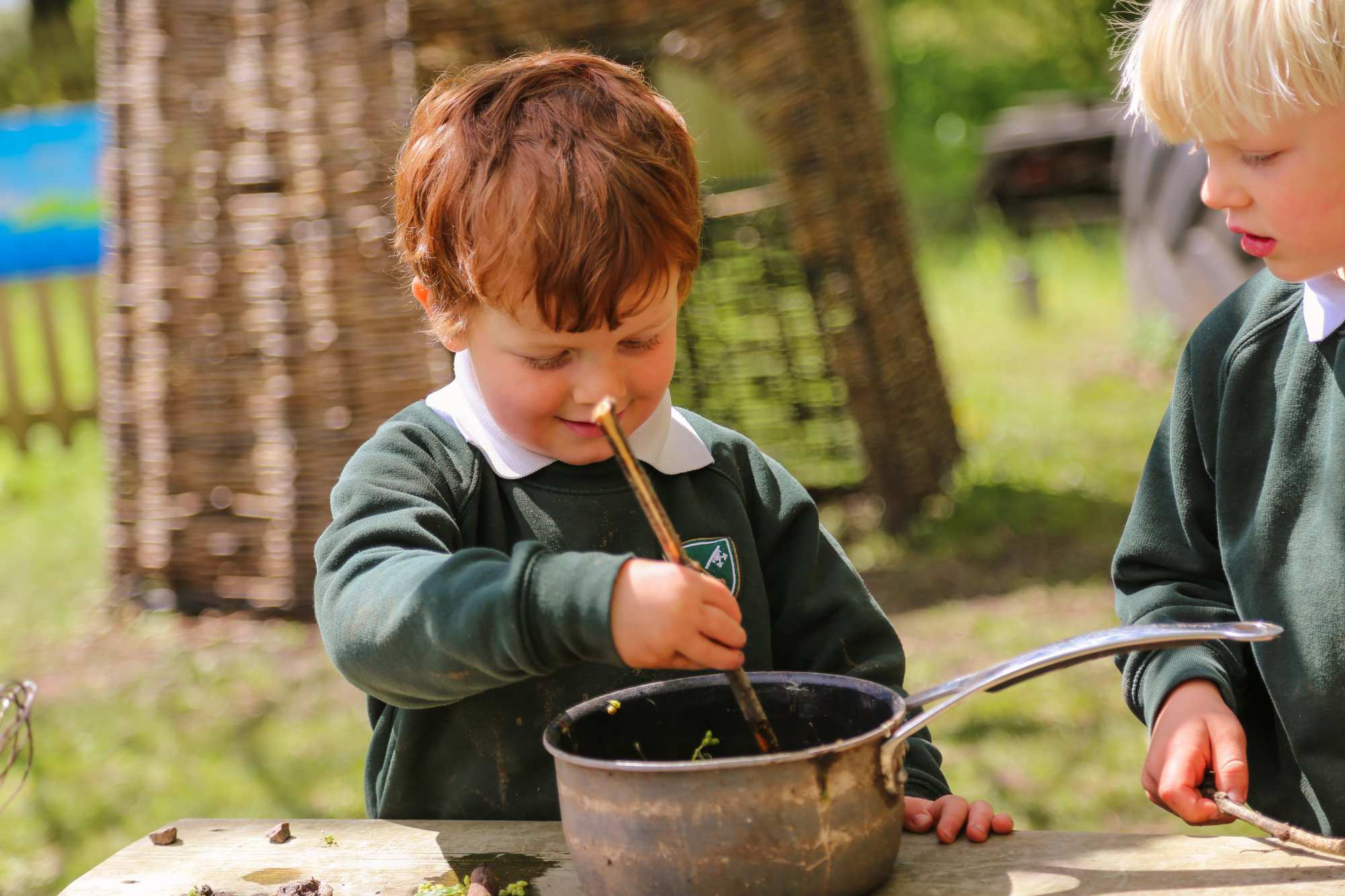At St Peter’s Prep, we believe in the importance of embracing both academics and extracurriculars, as they play an equally vital role in the development and success of our students. Striking a harmonious balance between the two can be challenging to navigate, especially when, as a parent, you want to make sure your child’s day is as productive as possible to help them grow as the individual they are whilst still considering your child’s limitations and capabilities.
Our independent school in Devon is dedicated to fostering an exceptional educational experience for young students, with our committed teaching staff reaping brilliant academic results, as well as encouraging various extracurriculars; such as martial arts sports (like kickboxing), coding, being a valuable voice on our school eco-council, or sailing (courtesy of our fantastic outdoor surroundings). These activities allow our children to explore their passions and build life skills, all while enriching their educational journey.
Discover invaluable insights on how to help your child manage their academic commitments and lunchtime or after-school pursuits, so they can thrive inside and outside of the classroom.

1. Introduce A Structured Schedule Early
Introducing a well-structured schedule into a child’s routine from a young age is fundamental in helping children balance their academics and extracurriculars effectively. Allocating specific time slots for various activities allows children to become familiar with schedules and teaches them valuable time management skills, as well as how to adhere to deadlines and prioritise tasks.
Through consistency, your child will develop self-discipline and understand when to start and finish homework, when to attend extracurricular activities, and when to relax, reducing the likelihood of last-minute and rushed work.
A healthy routine also teaches children what to expect throughout the day, reducing uncertainty and allowing them to feel in control of their day-to-day activities, reducing stress levels and positively impacting their emotional wellbeing.
2. Discuss Extracurriculars With Your Child
You can better understand your child’s passions and interests by discussing extracurriculars. This will help you guide them in the right direction towards activities they genuinely enjoy, encouraging them to stick to their choices as they’ll hold a sense of enthusiasm towards them.
Discussing the options available to your child will validate their feelings and add a sense of security, knowing that their thoughts have been listened to. This cultivates a supportive environment for them to flourish and balance their school work and other activities or hobbies better.

3. Don’t Pressure Your Child
While you want your child to succeed, it’s important to remember that they, too, have their own boundaries. It’s essential to ensure they don’t feel pressured to perform and push themselves over the limit.
By not pressuring your child, you allow them to develop intrinsic motivation; where they feel like participating in a task for their own satisfaction, rather than feeling like they’re doing it for others. When your child isn’t subjected to excessive pressure, they will have low-stress levels, allowing them to focus on their activities with a clearer mind and outlook.
4. Communicate With Your Child Often
Through open communication, you can better understand your child’s academic and emotional needs, and they can make you aware of any struggles they may be facing so you can help them overcome any difficulties. Talking often allows your child to express their feelings and emotions, giving them an outlet to share their worries, fears, or frustrations.
Regular communication will build trust between you and your child, and they’ll feel comfortable confiding in you when needed, knowing that you can help guide them in the right direction. Open dialogue allows you to check if your child is in a good head-space and whether they feel happy with their day-to-day or are perhaps feeling a little overwhelmed.
5. Encourage Good Time Management Skills
As a parent, you play a significant role in the time management of your child, especially when it comes to balancing their all-important schoolwork with extra activities. During busy schedules, it’s essential to make room for family time, as quality time together can help make a child feel grounded, and relaxed, and allow parents to provide guidance.
Creating a structured schedule that includes designated time for study, extracurricular activities and other free time can be helpful. Effectively managing your time can support your child and teach them the importance of being organised whilst setting a positive example.

6. Take Time To Relax
Relaxation allows children to recharge mentally and physically, so when they return to their academics or extra activities, they’re focused and productive. Ensure that your child takes time out of their busy schedule to prevent burnout, helping them maintain enthusiasm for their commitments. Relaxation time also promotes creativity and enhances problem-solving skills, making it easier to approach tasks head-on.
Finding the right balance between academics and extracurricular activities involves good time management, communication, and nurturing your child’s wellbeing. As parents and educators, it’s our role to guide children as they navigate this path. By fostering an environment of understanding, setting realistic goals, and prioritising self-care, we can empower young learners to thrive in both their academics and extracurricular activities.










